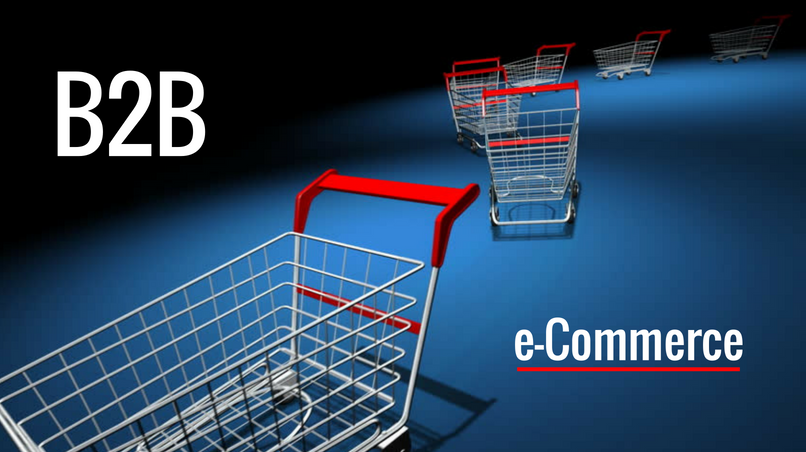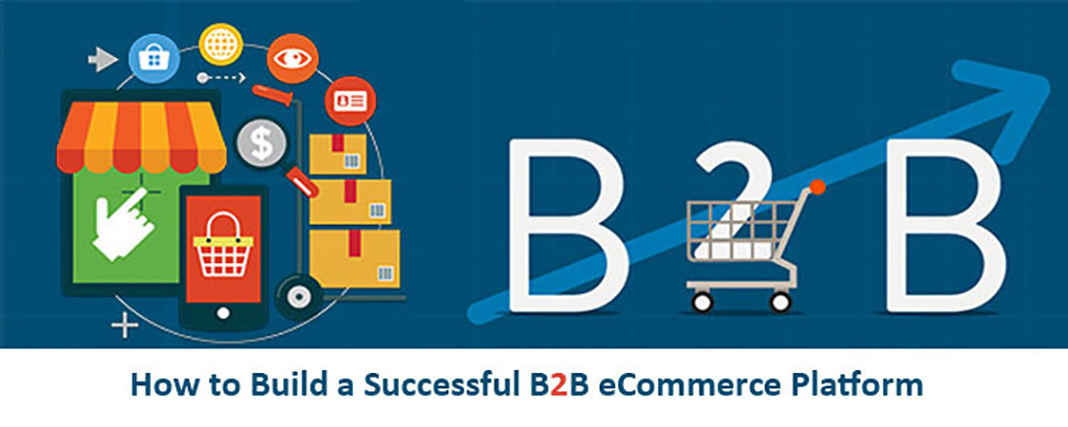Industry Giants Joining B2B e-Commerce for Channel Expansion
More and more common industrial products are entering e-commerce platforms. Industrial giants such as BASF, Schneider Electric, Siemens, and Bosch have opened official online flagship stores in order to enter the field of industrial B2B e-commerce.
At a time when the development of China’s manufacturing industry is under constant pressure, B2B e-commerce is expected to help traditional industrial enterprises with the inefficient offline distribution system.

In recent years, the scale of China’s industrial B2B e-commerce transactions has maintained rapid growth. Since 2015, the compound annual growth rate of online transactions has been around 30%, and online transactions in 2019 are estimated to have reached 700 billion yuan. As digital technology and the ecosystem continue to drive the development of next-generation industrial B2B e-commerce, it is estimated that by 2024, the scale of online transactions of Chinese industrial B2B e-commerce will reach 2.3 trillion yuan, and the penetration rate will rise from the current 2% to 5%.
Although China’s industrial B2B e-commerce is still in the early stages of development, the number of supply and marketing companies participating in B2B e-commerce has grown rapidly. Taking Alibaba’s 1688 industrial market as an example, more than 10,000 brand companies have signed contracts. Over 70% of the top 50 global industrial brands have settled in 1688 industrial brands. In addition, the total number of 1688 platform enterprise buyers has reached 28 million, of which the daily active volume of industrial brands exceeds 500,000.
In the past two decades, the development of e-commerce in the global and Chinese markets has focused on the user side. In the next five years, B2B e-commerce will usher in a new turning point. With the continuous improvement of transaction infrastructure, the value of sales and procurement at both ends of the supply and demand will gradually become prominent.
For large enterprises, the marketing value of industrial B2B e-commerce is more reflected in channel expansion and supplementation. Even enterprises with complete offline channels have generally achieved a sales increase of 5% through B2B e-commerce platforms.

For traditional industrial giants, the biggest significance of entering the B2B e-commerce platform right now is not to increase the increment, but to more comprehensively cover more segmented customer groups and adapt to changes in consumer behavior. With the help of e-commerce platforms, companies are gradually digitizing channels and are closer to users, reaching end customers who are difficult to directly contact under the traditional model, especially small and medium-sized customers and customers in remote areas.
If traditional industrial enterprises only consider the e-commerce platform as a supplementary sales channel, it will be difficult to realize the true value of B2B e-commerce. How to break through simple transaction buying and selling, and understand the supply chain and customers with massive data, so as to drive the digital transformation and upgrade of enterprises in various links such as procurement, manufacturing, design, marketing, and financing. This is the biggest issue facing both industrial enterprises and e-commerce platforms.
The new-generation industrial e-commerce platform is not only a sales channel for brand companies, but also an important component of the digital transformation of industrial brands. In the next ten years, industrial brands will be able to build a complete and flexible online dealer system. The new-generation industrial e-commerce platform will become an important engine for stimulating corporate innovation.
